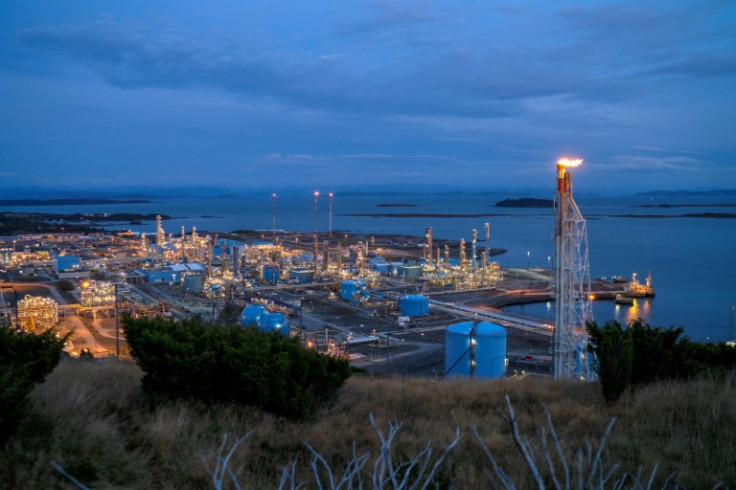Norway Brings Climate Ambitions In Line With EU

Norway, the largest oil producer in Western Europe, on Thursday announced it intended to cut 1990 emissions levels "at least 55 percent" by 2030, in line with EU goals.
Just days before the COP27 climate conference in Egypt, the announcement is in line with commitments made by the centre-left coalition government when it took power in 2021.
While not a member of the European Union, the Scandinavian country's new target brings Oslo in line with the overall target set by the 27-member bloc. Oslo also announced that it would present climate plans each year going forward.
Norway's climate target was previously to reduce emissions by between 50 and 55 percent of 1990 levels.
"This sends a strong signal to other countries, and we hope that more will up their targets," Prime Minister Jonas Gahr Store said on Thursday.
Store's Labour Party and its ally, the Centre Party, rule out dismantling the oil sector, which is a major part of the national economy.
The war in Ukraine and the reduction in Russian exports have seen Norway become the leading gas supplier to Britain and the European Union.
"The demand for fossil fuel energy will fall and renewable energy production must increase. This has to go hand in hand," Store told a news conference.
He stressed that the planet would still need oil in years to come and argued it was "not a bad thing that some of it comes from the Norwegian continental shelf, which has the lowest emissions."
Last week, the United Nations said current country climate pledges leave the world on track to heat by as much as 2.6 degrees Celsius this century, warning that emissions must fall 45 percent this decade to limit disastrous global warming.
A day earlier, the UN's climate change agency had said governments were doing "nowhere near" enough to keep global heating to 1.5C and would steer a world already wracked by increasing floods, heatwaves and storms towards "catastrophic" warming.
© Copyright AFP 2025. All rights reserved.




















